Apple and Samsung have separately served legal notices to Chinese smartphone maker Xiaomi in India. The action follows a series of print and social media advertisements where Xiaomi openly compared its flagship models with the top-tier phones from Apple and Samsung. Industry watchers say the step is mainly about protecting brand value in a market where competition for high-end smartphones has grown especially fierce.
Key Takeaways
- Apple and Samsung have issued cease-and-desist notices to Xiaomi.
- The action responds to Xiaomi’s recent ad campaign that allegedly disparages their flagship products.
- The key objective is to safeguard the reputation of both companies in India’s premium smartphone segment.
- It reflects the increasing rivalry in the market for devices priced above ₹50,000.
- Apple and Samsung together hold 95 percent of this segment, while Xiaomi has less than 1 percent.
Xiaomi, which became popular for its budget-friendly devices, has recently been making a push into the premium smartphone space. To make that entry more noticeable, the company launched an aggressive ad campaign. This included full-page ads in leading Indian newspapers comparing the Xiaomi 15 Ultra with Apple’s iPhone 16 Pro Max, even questioning whether the iPhone deserved to be called the best. A similar approach was taken online, where Samsung’s models were also placed under the spotlight.
Legal experts have described Xiaomi’s approach as “ambush marketing.” While comparative advertising itself is common, it often raises concerns when it presents competitors in an unfavorable light. Both Apple and Samsung have always been careful about their image, and in India, the premium smartphone market, defined by devices above ₹50,000, is almost entirely theirs. According to data from IDC, Apple and Samsung together hold a 95 percent share of this space, while Xiaomi’s share remains below 1 percent.
The notices sent to Xiaomi are cease-and-desist orders, a type of legal document that demands a company immediately stop a certain activity. In this case, Apple and Samsung want Xiaomi to stop running ads they consider damaging to their brands. While that might limit further harm, some analysts argue Xiaomi has already achieved what it wanted by drawing attention and sparking conversations about its premium offering. In that sense, the controversy only highlights how tough the fight for customer loyalty has become in India, the world’s second-largest smartphone market.
Xiaomi’s run-ins with the law are not new. The company has previously faced multiple intellectual property disputes. In July 2025, for example, the Delhi High Court refused to grant an interim injunction against Xiaomi in a patent infringement suit filed by Conqueror Innovations. The case centered on Xiaomi’s “Find Device” feature and an alleged patent held by the startup. The court pointed out the nine-year delay in filing the suit and the lack of a strong case. Earlier in January 2025, Xiaomi settled another dispute with Sun Patent Trust, which held more than 3,000 patents originally owned by Panasonic.
Apple and Samsung themselves have long histories of legal battles. For years, the two tech giants fought each other in multiple lawsuits across different countries, most of them related to intellectual property and design patents. What makes the current issue with Xiaomi different is the focus. This time, it is less about technological innovation and more about brand reputation and the limits of comparative advertising. The outcome could very well set a precedent for how far companies in India can go when marketing their products against competitors.
Related FAQs
Q: What is a cease-and-desist notice?
A: A cease-and-desist notice is a legal letter or document demanding that an individual or company stop an activity that is allegedly illegal or infringes on another party’s rights. In this case, it’s a request for Xiaomi to stop its ads.
Q: Why are Apple and Samsung so concerned about their brand image?
A: Apple and Samsung’s position in the premium market is built on brand reputation, customer loyalty, and a premium identity. Any advertising that tries to reduce their brand value is a direct threat to their market share and pricing power.
Q: What is the Indian premium smartphone market?
A: The premium smartphone market in India generally includes phones with a price tag of ₹50,000 or more. This segment has a smaller user base but accounts for a large portion of the overall revenue and profit for phone makers.

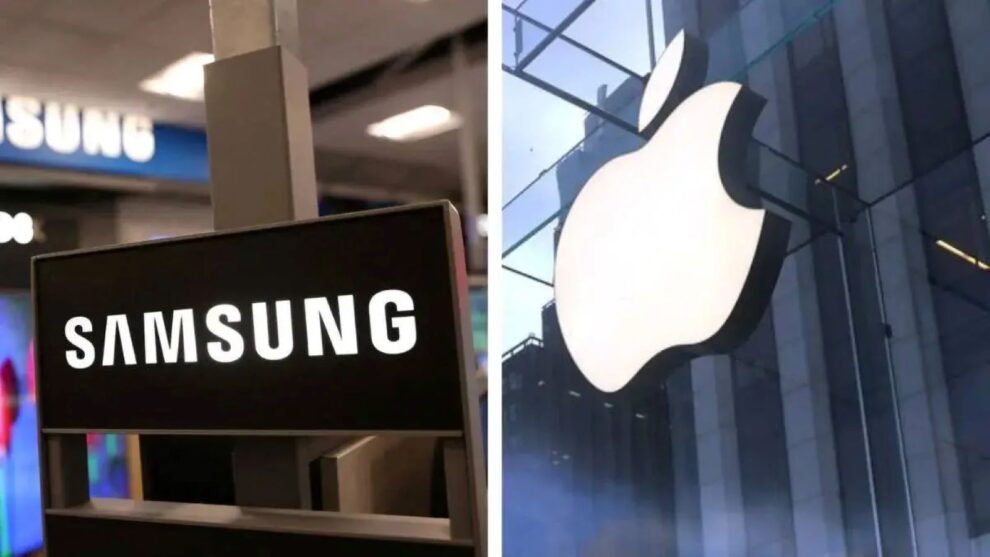




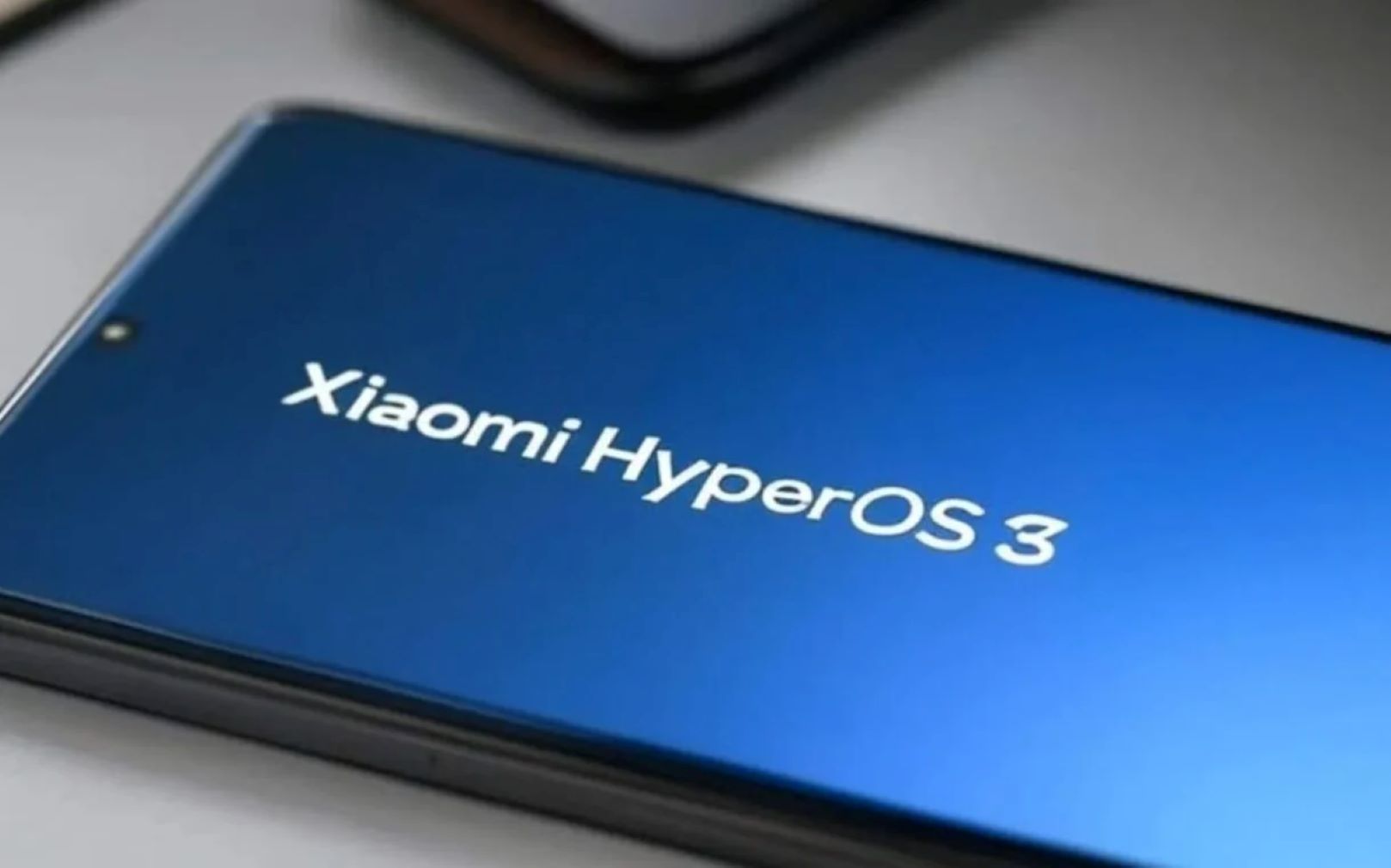

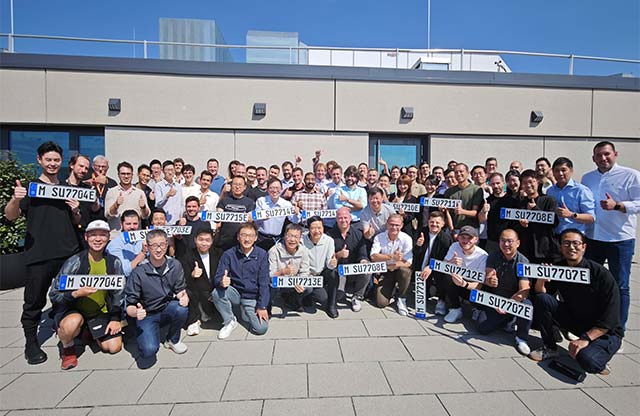
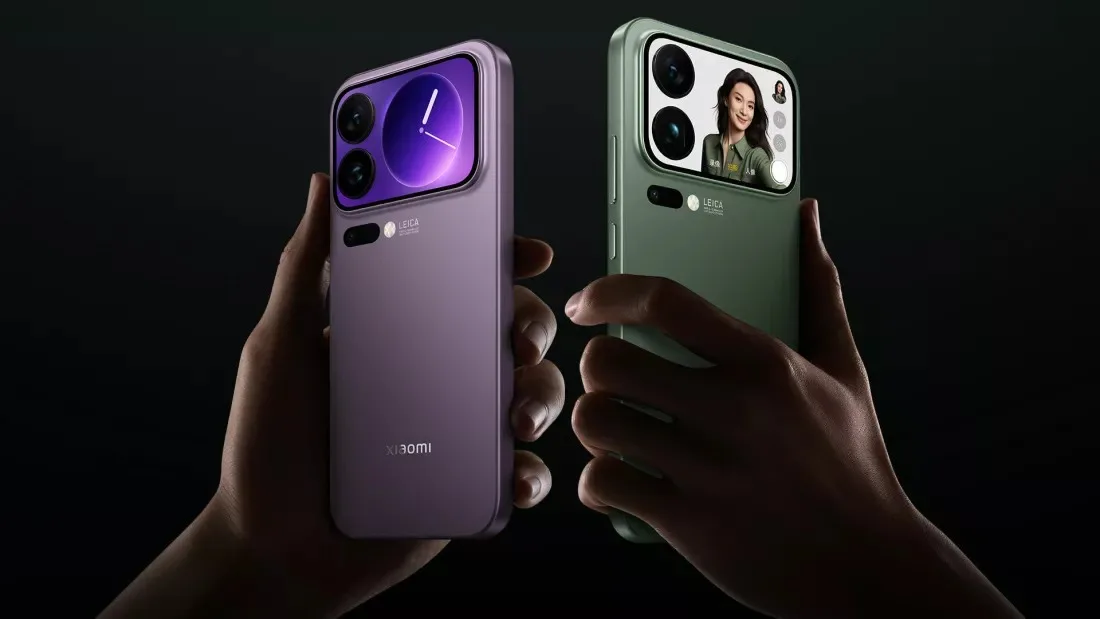
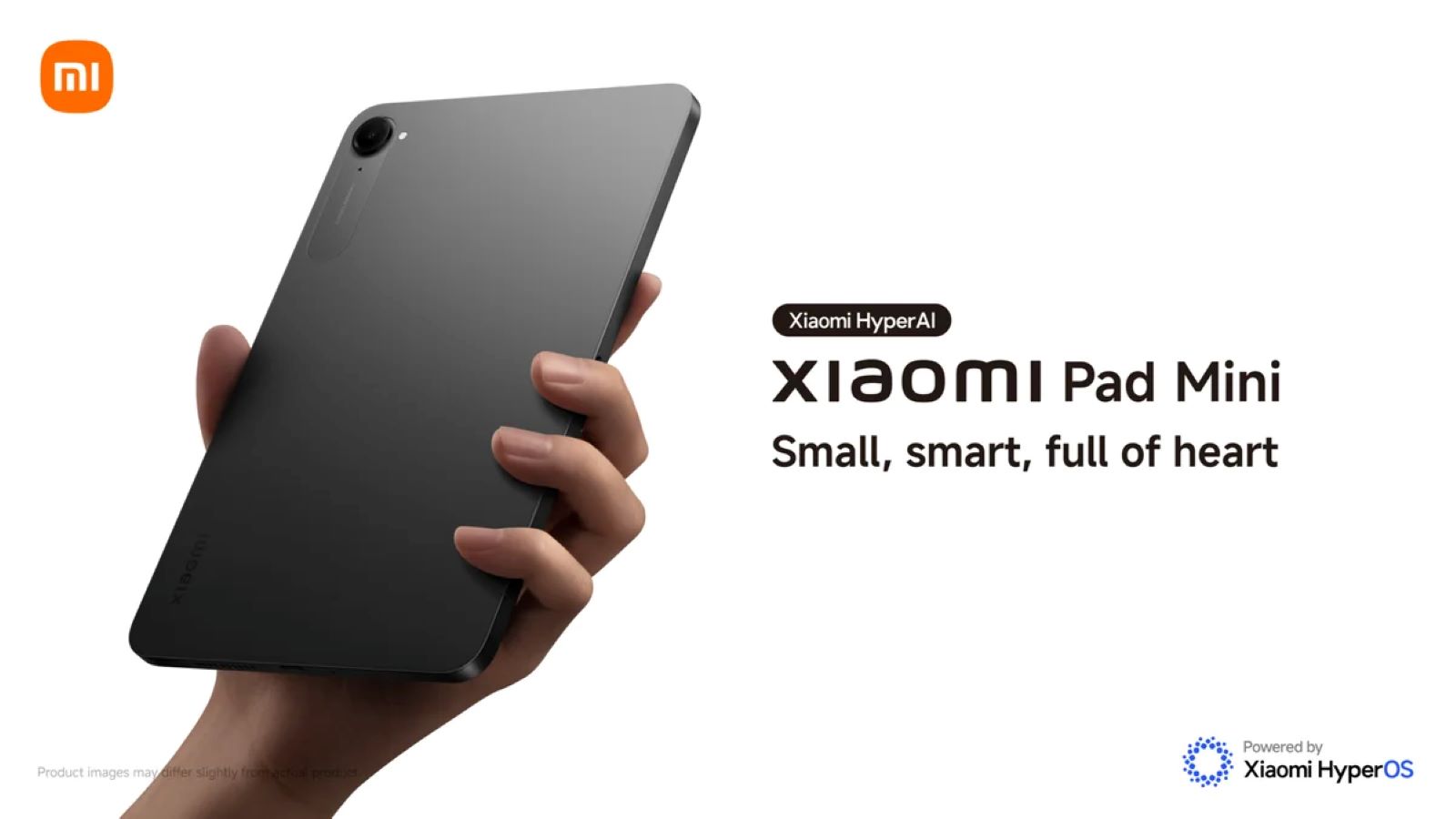
Add Comment